This initiative, led by the Ministry of Agriculture through the National Forestry Corporation (CONAF), aims to restore degraded ecosystems, generate employment, and strengthen socio-environmental resilience through nature-based solutions and sustainable forest management.
This program, implemented by CONAF's Department of Forests and Climate Change, is part of the economic recovery and employment measures promoted by the Government of Chile, integrating restoration actions in strategic areas such as soil, wetlands, watershed headwaters, and water bodies.
The regional director of CONAF Aysén, Ronald Valenzuela Campos, stated: "Indeed, the Sowing for Chile Aysén program, besides highlighting the investment made and the significant results achieved, reveals something even more valuable: the reflection of efficient and sustained work over time. This effort has allowed bringing institutional activities closer to the community in a comprehensive manner, addressing the management of our forests, oversight, and the prevention and mitigation of forest fires, always through concrete activities aimed at conservation and sustainable management. It is work that spans from La Junta in the north to Villa O'Higgins in the south, incorporating not only the environmental component but also the social one by generating employment and strengthening the local economy."
An Engine for Conservation and the Local Economy
The head of the Department of Forests and Climate Change, Fernando Bascuñán Pino, highlighted the environmental and social value of the initiative: "The Sowing for Chile Program, associated with Large-Scale Native Forest Restoration actions, has enabled the development of sustainable activities in a large part of our native forest, while also serving as an important input for the regional economy, which has seen average annual investments since 2023 exceeding 1 billion pesos. These actions, which have translated into forest management, removal of invasive exotic species, reforestation or revegetation, seed collection, among others, have been carried out by companies, forestry contractors, or individuals, generating over 400 direct jobs each year."
Territorially, management has been deployed from the forests of La Junta in the north to those in Villa O'Higgins. This allows us to state that it is a comprehensive Program that, using the conservation of our native forest and its associated resources as a central argument, linked to small and other landowners, and even state forests, enables the incorporation of significant economic resources into the local economies where we implement this important Program."
Field Experiences
For Alicia Baeza Aguilar, from Valle Simpson, the program meant transforming the relationship with the institution and with the forests: "Before, oversight generated fear; today, instead, we feel support and guidance. One works with more peace of mind and motivation because there is communication and technical support."
Her work focuses on the dry firewood sector, utilizing waste from the family sawmill and reducing waste. "CONAF oversees, educates, and guides to ensure it's done correctly," she emphasized.
From the administration side, Gina Fernández Uribe complements the experience: "The joint work has allowed reprocessing wood that was previously lost, allocating it to quality firewood. CONAF's technical support streamlined the processes, optimized resources, and reduced losses."
Both highlight that forest cleaning and waste management tasks, once heavy and costly, now have institutional support, generating efficiency and sustainability.
Another experience is that of Iram Pinuer in Río Tranquilo, who has focused his participation on improving trails in properties adjacent to protected wilderness areas. His work includes restoring old paths, putting up fences to protect ecosystems, and opening routes in forests affected by fires: "The information and feedback we receive give us peace of mind. We want to showcase the beauty of these places, protect them, and at the same time raise community awareness about their care," he expressed.
Regional Results
The accumulated results show steady progress:
2023: $1,200 million invested; 7,861 hectares intervened (317 hectares additional to the commitment).
2024: $1,379 million invested; 3,900 hectares committed, target met.
2025: $1,296 million invested; 3,212 hectares committed (1,109 hectares executed and 1,382 in process).
Among the main activities are: exclusion fencing, enrichment of native forests, reforestation, invasive species control, restoration in core areas, and professional services for forest management and planning.
The Large-Scale Forest Restoration Program - Sowing for Chile in Aysén is, ultimately, a comprehensive tool for conservation and development, combining environmental restoration with the generation of green jobs, contributing to local well-being and the future of the region's native forests.


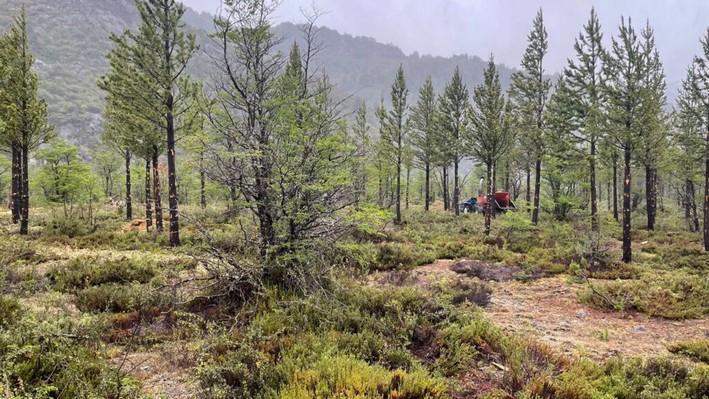
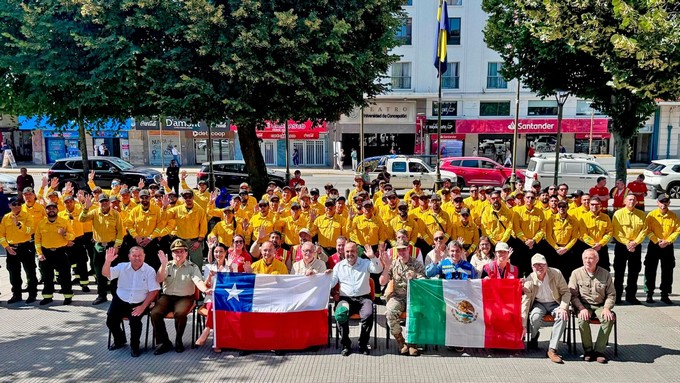
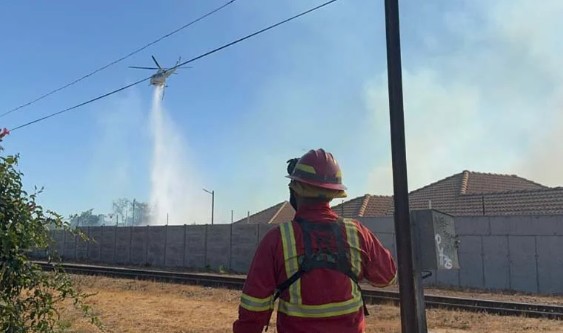
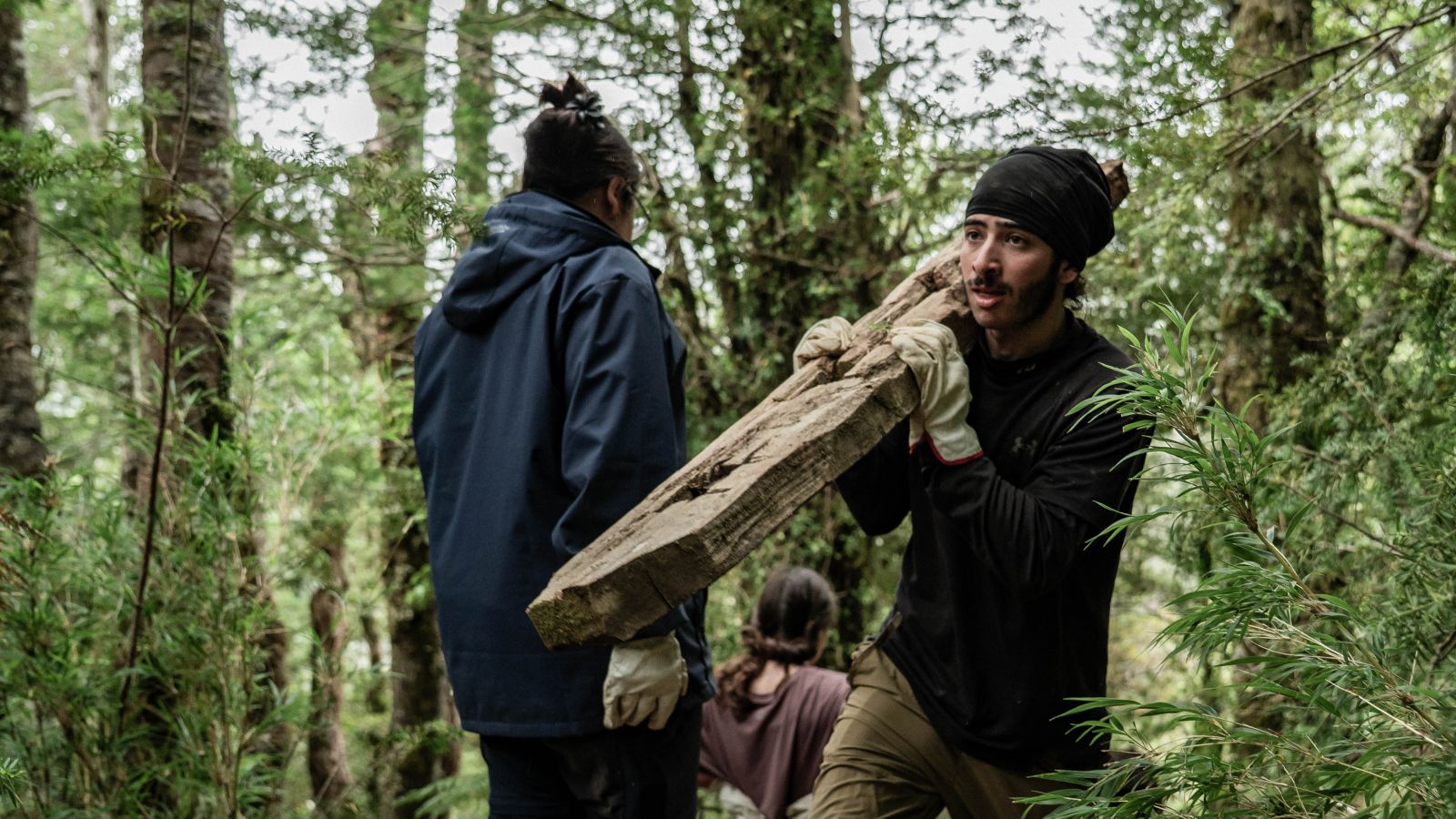
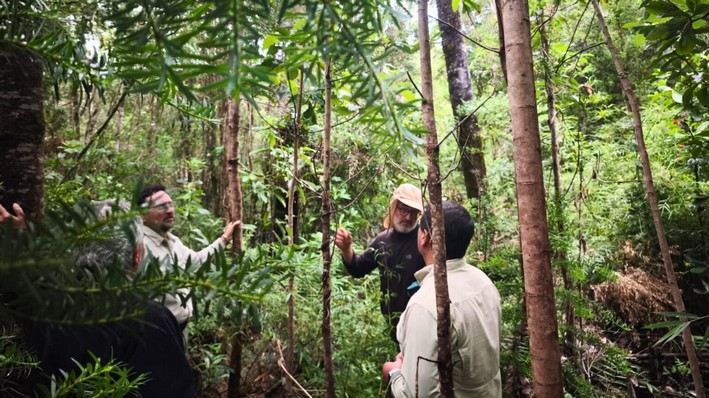
Comments (0)
No comments yet. Be the first to comment!
Leave a comment